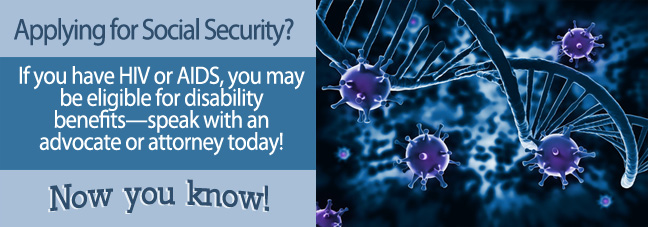As of 2015, over 36 million people around the world currently live with HIV/AIDS. It is estimated that over a million people die of the disease each year.
Thanks to continuing medical advancements, this mortality rate is no longer on the rise. However, treatments can be costly, and are only available to a little more than half of all people suffering from the disease.
Even still, there is also a large stigma surrounding HIV/AIDS, which can also contribute to people remaining silent about their diagnosis and failing to seek proper treatment.
AIDS Awareness Month is dedicated to educating people around the world about the truth of this disease. This October, do your part to learn more about where AIDS research is today, what resources you can provide to those who need it, and how you can help in the effort to someday eradicate AIDS forever.
What is AIDS?
People often confuse a diagnosis of HIV with AIDS. While the two are related, it does not mean that they are the same.
The immune system is the part of the body that helps us fight off sickness. HIV is a virus that fights this immune system by killing the cells that help fight disease. When these cells (called T-helper cells) are destroyed, HIV makes a copy of itself within the cell, helping to spread the virus. While the two are related, it does not mean that they are the same.
If HIV goes untreated, the body’s immune system will continue to fail until it can no longer ward off infection. When a person’s immune system is this weak, they are classified as having acquired immune deficiency syndrome, or AIDS.

Not everyone that has HIV has AIDS. With proper treatment, those with HIV can fight help support their immune system and fight off the onset of AIDS. Unlike even ten or twenty years ago, a diagnosis of AIDS is not rapidly and unavoidably fatal.
While a cure for AIDS has not yet been found, there are a variety of treatments available that can help a person with the diagnosis to stave off the HIV virus.
Treatment often comes in the form of drugs called “inhibitors” that prevent the HIV virus from duplicating and help keep the immune system as strong as it can be.
How Does HIV/AIDS spread?
Before AIDS was fully understood, there was a great deal of fear surrounding those diagnosed with HIV. At one time, people were afraid that simply being in the same room with an HIV-positive individual could lead to the spread of the disorder.
We know now that this is far from the truth, and that HIV is far less easy to contract.
HIV can only be transmitted if the bodily fluid of someone who is HIV-positive gets into your bloodstream. The most common way for HIV to be transmitted this way is through sexual intercourse. The best way to prevent this is by using a condom and being mindful during intercourse.
However, it is especially important to remember that HIV can be spread by a carrier even if they don’t exhibit symptoms. It is important that you and a partner get tested to be certain of their status before engaging in sexual intercourse.
If you believe you have been exposed to HIV, then it is important to get tested immediately. HIV is easiest to control at the beginning, and often shows no signs within the first few months of exposure.
This is why regular STI tests are essential.
Coping with AIDS
Living with HIV/AIDS can seem scary and isolating. It is difficult for a person with this diagnosis to understand how they will continue to live life as normal with the disorder.
It is also difficult as a friend, family member, or partner to understand what can be done to help.
It is important to assure a person with a diagnosis of HIV/AIDS that they are not alone in their fight. Support them however they wish to be supported, whether that means listening to their worries, coming with them to doctor’s appointments, distracting them form the disorder, or giving them their space when they need it.
Follow their lead when learning how to communicate about their diagnosis going forward.
Additional Resources
Those with HIV/AIDS have a wealth of resources available no matter what trouble they are facing. For starters, anyone with the diagnosis should apply for Social Security disability to receive monthly financial benefits.
Applicants with HIV/AIDS always qualify for benefits, whether through Social Security disability insurance (SSDI) or Supplemental Security Income (SSI).
HIV.gov also features a list of HIV/AIDS services by state which you can reach out to for help with finding jobs, paying for treatment, getting housing, staying healthy, or finding others like you going through the same process.
Here, you can also find links to charities where funds go towards the continued fight towards finding a cure for HIV/AIDS.
Share these tips and resources this October, and do your part to work towards an AIDS-free future.